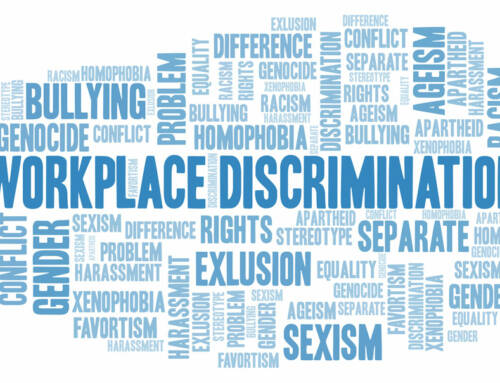Employees in America’s courts are bound by strict confidentiality rules because of the nature of the work they perform; and because the judiciary itself is subject to unique rules and pressures these employees are not protected under Title VII of the Civil Rights Act. In theory, the Judiciary has robust systems in place to police harassment in judges’ chambers, but as the #MeToo movement continues to gain steam and women who have endured harassment feel more empowered to speak out, it has become clear that those systems are inadequate.
In response to the increase in reports of harassment, Congress proposed the Judicial Accountability Act, legislation that would reform the reporting process to grant greater protection to whistleblowers and those who report workplace harassment. The Judiciary has opposed that legislation, arguing that the reporting processes that are in place offer adequate protection, even though those processes are difficult to navigate, vary from circuit to circuit, and have been identified as an obstacle by numerous women who have recently come forward with allegations of abusive and harassing behavior by judges.
The result is that judicial employees who experience harassment have to determine on their own how to balance their jobs’ confidentiality requirements with their own rights to a healthy and safe workplace, in a system that remains biased, both culturally and institutionally, in favor of protecting the reputation of the Courts. Navigating that system requires the assistance of an attorney with significant experience, since the reporting process can be quirky and inconsistent.
For a deeper understanding of the reform efforts currently underway as a result of #MeToo, and of the roadblocks that still exist, read this excellent article. If you have experienced harassment while working as a judicial employee, the attorneys at Napoli Shkolnik have the experience to assess your case and represent you through the complex reporting process.






